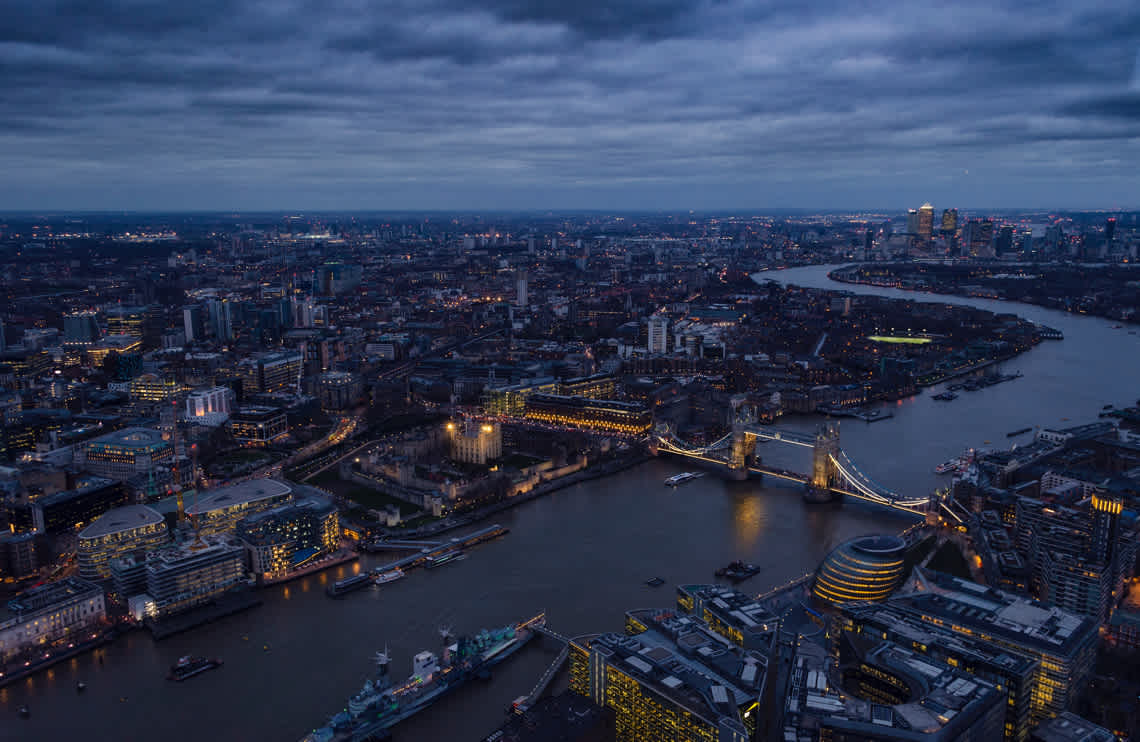On a global post-Brexit stage, what’s next for London tech?

Last editedJan 20202 min read
In this turbulent era of market uncertainty, political changes and new economic powerhouses, what might London’s future place in the global tech scene look like? And how do those who are funding London’s hottest tech innovators view the capital’s role in changing times? Where better to seek answers to these big questions than at an event full of angel investors, VCs and world-leading entrepreneurs? We attended the Tech London Advocates Investor Showcase this week at Here East hoping to learn more.
For centuries London has been a place where the world has come together, a global meeting point for people, cultures and ideas. Cosmopolitanism is part of London’s international image and tech entrepreneurs, like so many other Londoners, hope the influence of Brexit won’t erode it beyond recognition. Indeed, the tech sector is heavily based upon building global connections; of investment, ideas and talent. But cultural diversity is another important pull factor when it comes to attracting global tech talent to London.
“We have reputation on our side. Brand Britain stands for innovation, creativity and quality the world over. But it’s a hallmark we need to work hard to protect. The way we’re perceived is important,” said Michael Hayman MBE, co-founder of Seven Hills.
Despite the best efforts of Brexit, London cannot be an island, nor can it risk becoming isolated from the rest of the world. The next critical step for the London tech community will be to seek an influential voice in the coming stages of Brexit; to better navigate the shifting regulations, visa changes and political agreements that are going to characterise the next two years and beyond.
But what matters more than anything could well be the need for London to strengthen its existing links with the international tech community, and work hard to build new ones. In relation to London, the role of the US, along with the increasingly dominant Asian markets is becoming more central. To survive, London needs to maintain a flow of capital from these sources.
Luckily, London already has an impressive ability to generate startups, with over 200,000 new ones coming to life in the city during 2016, according to figures from StartUp Britain. But Priya Guha, general manager at Rocketspace, believes that despite the fertile ground for founders, London’s startups still face challenges when it comes to scaling up.
“The challenge now is for London to help its startups scale into the tech giants of tomorrow, fostering innovation by providing support for new businesses,” said Guha.
London has certainly created an environment for startups to flourish, but how should it best face the challenge of supporting them into their next stages? Clearly, the ability to attract scaling capital from around the world is a key factor for success. Guha believes London is ‘perfectly positioned’ to attract capital from investors looking for the potential British rivals to Google, Facebook or Alibaba.
To do this, London needs to put access to talent at the top of its agenda. And this is the tech community’s most significant concern around Brexit. Bindi Kara, TLA advisory board member and startup expert, said: “We need to make sure Britain’s tech innovators continue to have access to the skills they need to fly. Otherwise we risk losing the momentum that has helped to put London’s tech scene so firmly on the global map.”
Maintaining access to top global talent is a key concern for many of London’s tech companies - and GoCardless is no exception. We source top digital talent globally and have hired from almost every continent. Over 30% of our people originate from outside the UK, a situation we hope to maintain in the future, despite the potential challenges of Brexit.

